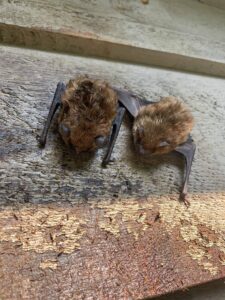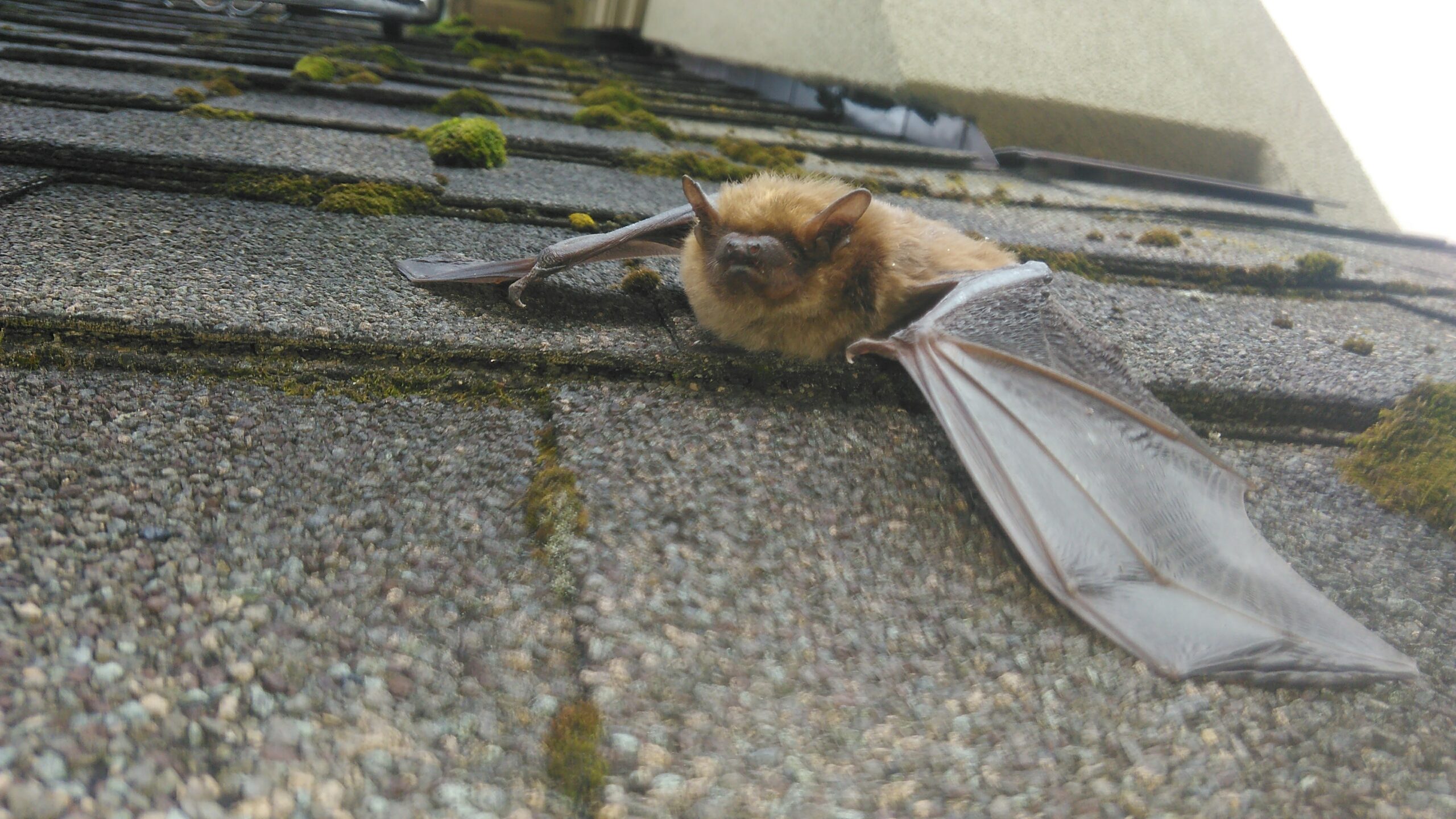Bats are often misunderstood, and people tend to fear them without cause. As the only mammal that can fly, bats are unique in the animal world. They are also nocturnal, only coming out at night to feast on primarily insects and fruit. These harmless creatures have an undeserved bad reputation when the truth is that they have much more to fear from humans than the other way around. Let’s look at why bats make good neighbours as well as why you should trust Skedaddle for bat removal in Durham instead of doing it yourself.
Separating Myth From Fact
Contrary to popular culture, bats are not hungry for human blood. In fact, there are only three types of bats that drink blood, and even those prefer that of cattle and horses over humans. Moreover, none of these vampire bats live in North America, so it is past time to lay that fear to rest. Vampire movies should not indicate that bats are villains in real life.
What the bats around the Durham region do eat are those other bloodsucking insects, mosquitoes, as well as other types of insects, small fruits, and the occasional frog or two. They are also pollinators, and they can even spread plant seeds through their feces, or guano. Guano is rich in nutrients and makes a beneficial fertilizer for plants. From what they eat to what they excrete, bats are doing their part to support the ecosystem.
Staying Out of Their Way
 Another myth concerns bats’ vision, and this one is also not true. Many believe that bats are blind, confusing people with their other prey. In truth, bats can see just fine, but they hunt using echolocation, much like dolphins do in the ocean. When they are flying about at night, they may mistake people for predators because of physical size, but they are not on the attack. Bats are quite timid, intelligent, and gentle creatures, and all they want is to be left alone. If a bat ever flies into a person, it is most definitely an accident.
Another myth concerns bats’ vision, and this one is also not true. Many believe that bats are blind, confusing people with their other prey. In truth, bats can see just fine, but they hunt using echolocation, much like dolphins do in the ocean. When they are flying about at night, they may mistake people for predators because of physical size, but they are not on the attack. Bats are quite timid, intelligent, and gentle creatures, and all they want is to be left alone. If a bat ever flies into a person, it is most definitely an accident.
The problem with bats, if there is one, is when their world collides with the human world. While some people seek bat removal for a stray bat that comes in through a window, the real concern is a bat colony nesting in your attic or around the eaves of your roof. Bats can be quiet, especially during the day, but over time their guano can build up, creating odours and putting your family at risk for health concerns, or close contact with the creatures.
Avoiding All Contact
If bats feel threatened, they may bite in self-defence. Their tiny, sharp teeth can leave a nearly undetectable mark, and some people may not even realize they have been bitten. Bats can carry rabies, although not in the same numbers as raccoons or skunks. They may, however, carry plenty of other diseases that can infect humans in the same way that rodents do.
The risk of a bite is enough of a reason to leave bats alone, especially if a wayward one finds its way inside. It is best to avoid the potential of physical contact for both of you; bat bites are not good for you, but you may accidentally injure a bat if you do not know how to handle one correctly. Professionals trained in bat removal Durham can safely and humanely remove individual bats as well as bat colonies inside your home.
In the Durham area, Skedaddle Humane Wildlife Control is your local expert to turn to whenever you have uninvited critters in your home. We not only remove wild animals, but we also take care of cleaning and disinfecting as well as preventing their return in the future. Contact us if you find bats or other wildlife on your property.



